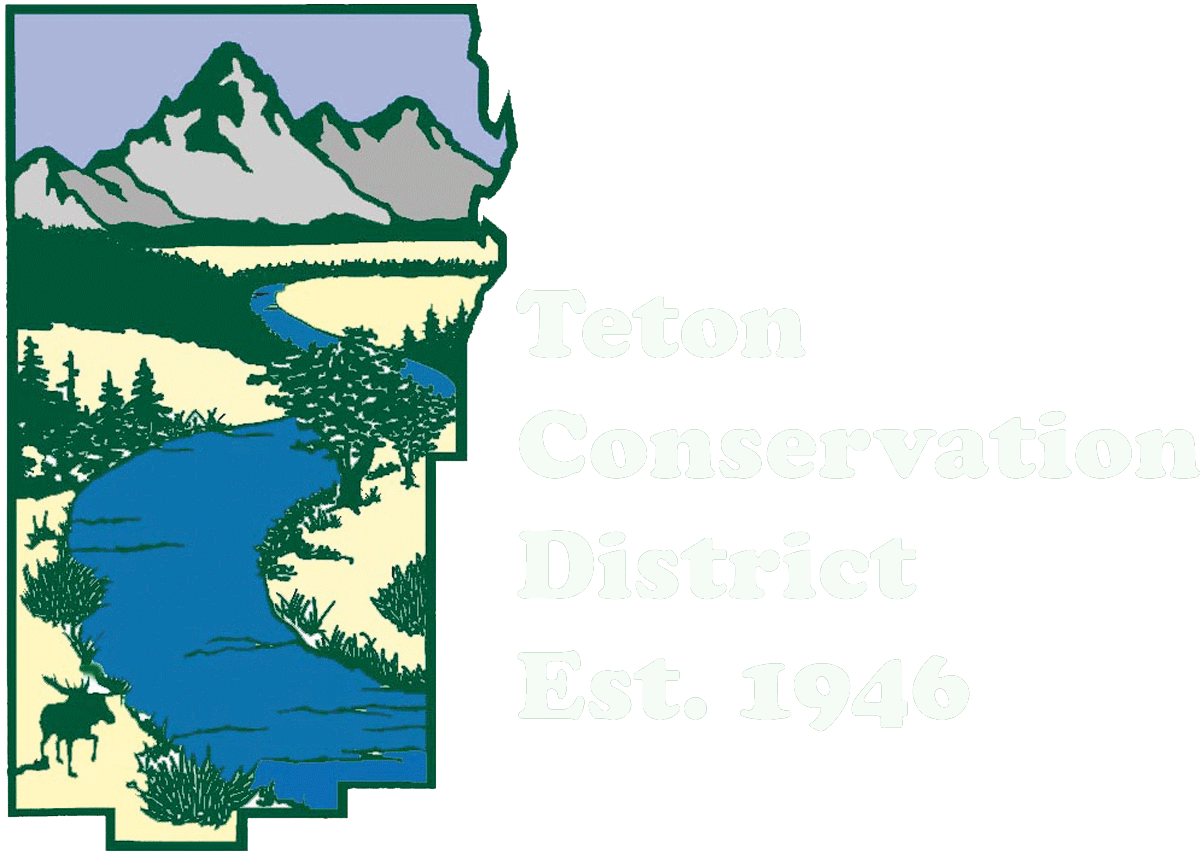A storm's a brewin! Bambi struggling through the deep snow this weekend may tug at the heartstrings. Some kind folks out there may think it’s a good time to put out snacks for our wild neighbors. While they mean well, feeding wildlife—and mule deer in particular—does more harm than good:
#1 Mule deer have microorganisms in their digestive system that gradually change with the seasons, allowing them to eat different naturally-occurring foods throughout the year. A rapid transition from high-fiber woody browse to high-carb/protein human-provided foods (like hay, corn, livestock feed, birdseed, or basically anything from a store) can mess up a deer’s stomach and kill it. Feeding can lead to conditions in ruminants called acidosis (carb overload) and enterotoxemia (overeating), which will kill a mule deer in 24-72 hrs. Symptoms include convulsions, diarrhea, weakness, and more. You may see Bambi happily munching on feed, but it could walk away and get sick in the ensuing hours.
#2 Feeding wildlife is against Teton County regs and you can get fined up to $750 a day! Learn more at tetoncountywy.gov/657/Wildlife-Feeding-Violations.
#3 When mule deer concentrate at feeding locations, it creates ideal conditions for increased loss due to predation and diseases. And, attracting predators into neighborhoods presents other problems…
#4 Supplemental wildlife feeding in residential areas may increase wildlife-vehicle collisions. Animals change their movement patterns to reach feeding sites, which means they might cross roads more often.
#5 Feeding can disrupt natural behavior. If a deer is conditioned to remain near a feeding site, it might not migrate from its winter range to its summer range. Over the long-term, this will compromise the population as a whole. Fed deer also tend to lose their fear of people, which can negatively affect survival. And, when food is concentrated, deer compete and exclude smaller and weaker deer, inadvertently leading to starvation.
What can you do? Spread the word! You can also report violations to Teton County’s Code Compliance Officer at 307-733-3959.


